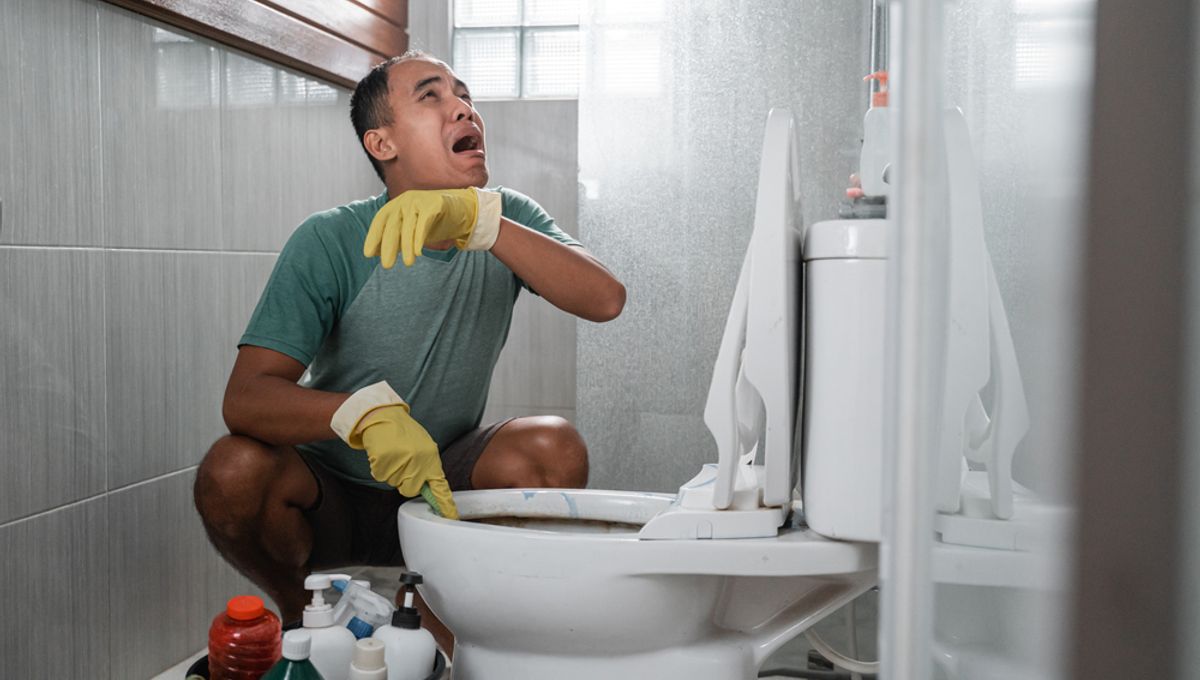
It’s a question as old as time (probably) or certainly middle school: when you smell poop or a fart, is that because some of the poop molecules have entered your nose?
You won’t be surprised to learn that proving this one way or the other hasn’t been an absolute scientific priority. However, one Australian doctor did once do a fairly basic test to see whether bacteria from passing gas could contaminate patients, after being asked the question by a particularly windy nurse.
“She wanted to know whether she was contaminating the operating theatre she worked in by quietly farting in the sterile environment during operations, and I realised that I didn’t know,” Dr Karl Kruszelnicki told listeners to his science phone-in radio show in Brisbane. “But I was determined to find out.”
He contacted a microbiologist in Canberra in order to come up with an experimental study. Look, not all studies can be as sophisticated as each other. While some experiments require the Large Hadron Collider to smash particles together at 99.9999991 percent the speed of light, others can be conducted by taking off your pants and farting directly into a Petri dish.
His microbiologist friend, Luke Tennent, asked one of his colleagues (presumably, a close colleague) to blast one out at a Petri dish from 5 centimeters (2 inches) away.
The colleague was asked to do this once fully clothed, and once again with nothing between his anus and the dish except for those 5 centimeters of air. This wasn’t the most rigorous of studies, but it at least gave Kruszelnicki something science(ish)-based on the topic of whether the nurse should be passing wind in the operating theater, or whether bacteria from her digestive system (ok, poop) would make it onto the patients.
After the participant did their duty into the Petri dishes, they were left overnight to be analyzed later on. The next morning, the Petri dish that had received flatulence from the uncovered anus had sprouted visible lumps of two types of bacteria that are usually found only in the gut and on the skin, as reported in the journal BMJ. Meanwhile, the flatulence that had to make its way through the clothing before getting to the dish had no bacteria that sprouted.
“Our deduction is that the enteric zone in the second Petri dish was caused by the flatus itself, and the splatter ring around that was caused by the sheer velocity of the fart, which blew skin bacteria from the cheeks and blasted it onto the dish,” Dr Kruszelnicki told the Canberra Times in 2001. He pointed out that though that sounds gross and/or alarming, the bacteria that were splattered onto the dish were not harmful, and were on par with the “friendly” bacteria you find in yogurt. Not that that means you should accept one as a supermarket substitute for Yakult.
“Our final conclusion? Don’t fart naked near food,” Kruszelnicki said.
So, if you’re inhaling the farts of a fully clothed person, then be assured: you are not breathing in any kind of matter, just gas. The same goes for poop smell.
Poop smell is actually caused by gases created alongside the poop in the intestines, including several sulfides.
One small study, which looked at what gases were causing the distinctive fart smell, found that farts were mostly comprised of odorless gas, including oxygen and nitrogen. However, through the use of rectal test tubes that were inserted into the anus, they found smelly gases such as hydrogen sulfide, methanethiol (which smells a bit like rotten cabbage) and garlicky dimethyl sulfide were present in small quantities in the average healthy person’s farts.
In short, the gas content of the poop is what you are inhaling into your nose, rather than any poop itself. What a relief.
[H/T: Interesting Engineering]
Source Link: When You Smell Poop, Is That Because Poop Particles Have Gone Up Your Nose?